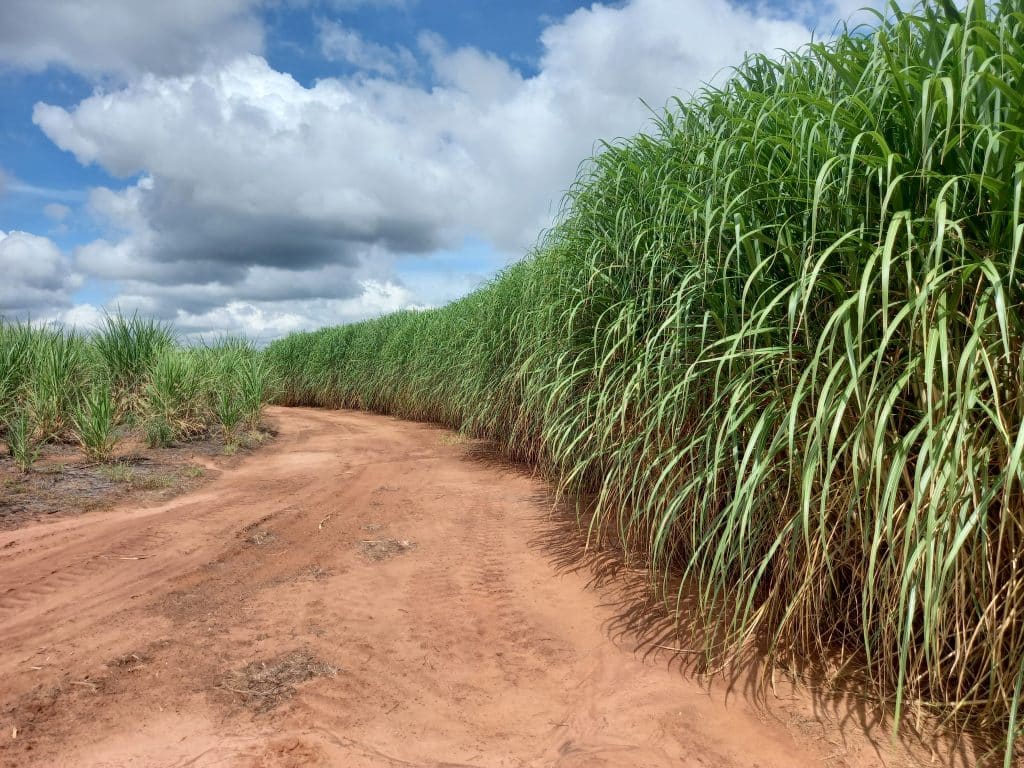Nuseed and GranBio announce a long-term global cooperation agreement to accelerate energy cane R&D and global expansion; Deal secures feedstock at large scale for future SAF and 2G biomass based biorefineries.
Nuseed and GranBio have entered into a long-term strategic alliance to accelerate R&D and commercialization into global energy cane markets. Nuseed acquired GranBio’s energy cane breeding and commercial assets, and R&D program aiming to fundamentally improve the output energy value through innovation in bioenergy cane.
This is an enormous opportunity, with ready now technology and is a fundamental step change in energy creation and renewable product generation from cane. The opportunity includes two exciting platforms:
- Scalable, drop-in improvement in energy output with the existing ethanol + cogeneration bioelectricity cane industry in Brazil (and other markets), and
- Expansion of energy cane as a reliable feedstock into emerging 2G process technology, which will make it possible to help decarbonize hydrocarbons for applications such as biochemicals and Sustainable Aviation Fuel (SAF).
Nuseed will accelerate breeding product development and broad scale commercial adoption into the existing ethanol + bioelectric cane industry in Brazil and other world markets.
GranBio will continue to invest in energy cane development through Nuseed and will be the exclusive licensor of energy cane feedstock into GranBio proprietary process applications in the lignocellulosic field, such as cellulosic sugars and lignin, 2G ethanol, biochemicals, SAF and renewable materials worldwide.
Nuseed and GranBio’s agreement will enable the biomass-to-fuel value chain to become a powerful solution to the challenge of securing renewable feedstock at large scale. Dedicated energy cane next generation clusters will also enable carbon neutral biorefineries to respond to global SAF demand and IATA 2050 goals.
Nuseed Group Executive, Brent Zacharias said, “This is a fundamental step change in energy creation and renewable product generation from cane. Nuseed sees enormous opportunity with this exciting new acquisition and strategic partnership with GranBio. As part of our bioenergy platform, we are focused on building technology, capability and partnerships to optimize delivery of bioenergy feedstocks and industrial materials. The proprietary energy cane platform, combined with existing Nuseed innovation, global reach and partnerships, can transform sustainable energy output from a highly scalable crop.”
GranBio’s CEO and Founder, Bernardo Gradin said, “GranBio has been developing energy cane since 2012 as one of the most effective feedstocks to enable and secure sustainable advanced biofuels and biochemicals with a biopower-to-biomass value chain with net zero carbon footprint.
“The long-term alliance with Nuseed will accelerate and improve the worldwide agricultural and technology advancement of energy cane and allow GranBio to focus on its core technology deployment of its Net Zero Carbon Renewable Biorefineries Program. This cooperation agreement will create a very powerful global solution to secure biomass as a reliable feedstock at scale to biofuels including 2G ethanol and 2G SAF. GranBio’s biorefineries, powered by proprietary and partner technologies, projects 50,000 ha of planted energy cane clusters capable of producing the equivalent of 100 million gallons of cellulosic SAF (which aims at cutting greenhouse gas emissions to as close to zero as possible) starting in 2028. There are tropical and sub-tropical zones in regions of Latin America, South of US, Africa, Asia and Australia corresponding to over 700 million hectares of potentially available land not used for food crops.”
Energy cane, with GranBio’s demonstrated technologies, can potentially reduce gasoline consumption in tropical countries where the biomass from sugar cane is superior to other crops. It has the potential to reduce to neutral, or even negative, its carbon footprint.

